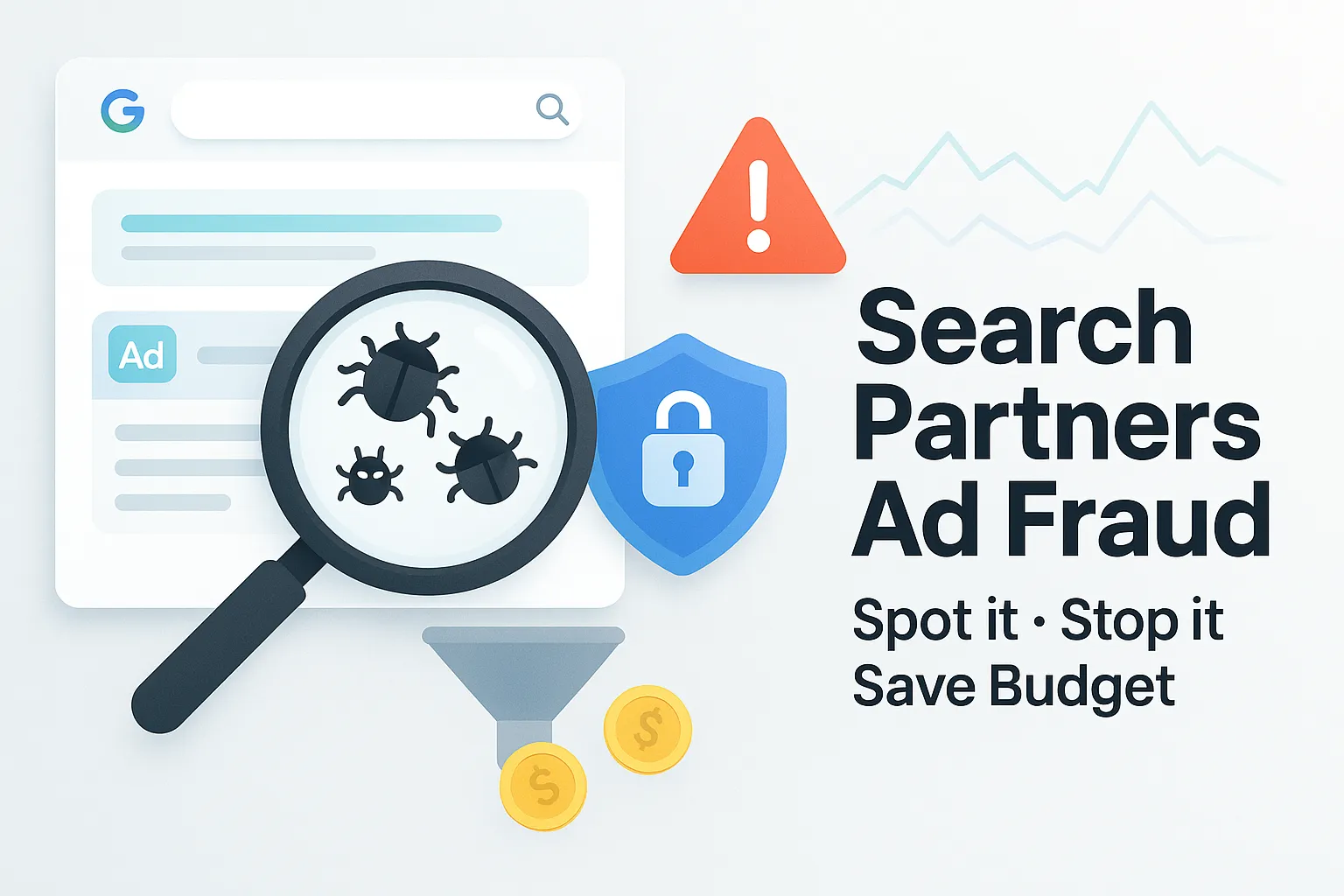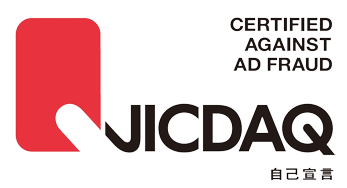How Affiliate Fraud Affects Affiliate Marketing Networks

Fraud poses a substantial threat to the broader advertising industry. Even worse, it is still often viewed as either an inevitable business expense or an indication of incompetence on the marketing team. Ad fraud is, however, a deliberate deception committed by dishonest individuals or organizations. With a high financial cost for brands, the consequences are far-reaching.
Among affiliate marketers, fraud accounts for the overwhelming majority of revenue losses. In turn, affiliate marketing programs/networks suffer many forms of financial penalties, brand reputation damages, and missed opportunities to acquire high-quality leads. This article aims to explore how various types of affiliate fraud affect affiliate marketing networks.
Cookie Stuffing: Corrupts the Commission Model as a Whole
Also known as cookie dropping, cookie stuffing is an affiliate marketing fraud that allows fraudsters to receive commissions by forcing altered cookies onto users' browsers. Through these stuffed cookies, fraudsters can claim sales from transactions they had no involvement in whatsoever.
» Learn more: Cookie Stuffing Fraud in Affiliate Marketing: An In-Depth Analysis
Affiliate marketing programs run on the premise of associating purchases/conversions with distinct points of contact. When an affiliate platform can't be certain about which publishers are responsible for which sales, they are less likely to dispense commission to the appropriate affiliates.
Cookie stuffing falsifies the tracking of the sources of purchases and, along the way, corrupts the trust between publishers and merchants. Simply put, cookie stuffing makes tracking purchases more problematic, thus corrupting the entire commission model in affiliate marketing programs.
Fake Conversion: Creates Data Irregularities
Conversions don't have to necessarily entail a financial transaction; they could be filling out a survey form, watching a video, or other actions like signing up for a newsletter. Fake conversion, where fraudsters use bogus bots to complete a merchant's desired actions, can be even more elusive than sales made as it doesn't involve any monetary exchange.
The effects of fake conversion remain devastating nonetheless. For one, fraudsters still unjustly get paid for all of the conversions. More importantly, however, fake conversions create inconsistencies in the data recorded by merchants — number of sign-ups, video views, etc. — and how the data translates into marketing strategies.
If a business were to rely on an affiliate marketing program to get more signups on their newsletter, for instance, fake conversions would most likely result in a high number of new subscribers who would never engage with the newsletter again. To fix this low engagement, the business might end up tweaking marketing processes that might already be working, unaware that the data used to make those decisions is anything but reliable. That is no good news to anyone — except for the fraudsters, of course.
URL Hijacking: Lowers Search Engine Rankings
Ryte Wiki defines URL hijacking as a process in which a website is falsely removed from the results of a search engine and replaced by another webpage that links to the remote page. Black hats know that they can slow down traffic to any website by creating a similar domain name, and using sophisticated tricks to confuse Google and other search engines about the actual page that users are looking for.
With enough dedication, no matter how established an affiliate marketing network seems to be — and once it becomes the target of similar coordinated attack — it is possible to get its URL completely dropped from the search results. When they are already hard to find with a simple Google search, URL hijacking adversely affects how an affiliate program might be perceived.
Mobile Click Fraud: Hinders Niche Targeting
There are various reasons advertisers might want mobile traffic. For example, click-to-install campaigns for mobile apps would work well with mobile targeting because the intended users would see those ads on the device on which the merchant wants the mobile app installed. But mobile targeting has much more to offer.
With the average user spending more time on their smartphones than on their desktops, more precise targeting becomes possible. It is no surprise that certain offers on affiliate marketing programs are exclusive to mobile traffic.
The drawback is that the better smartphones get at navigating users' preferences — based on location, sites visited, apps used, etc. — the more adept fraudsters become at masquerading just any traffic as mobile traffic. Thus, mobile click fraud defeats the purpose of mobile targeting, rendering relevant niche affiliate offers pointless.
IP Spoofing: Threatens Business Shutdown
Spoofing attacks are most common with PPC affiliate campaigns. The fraud involves using bot farms and similar elaborate services to send huge traffic to a merchant's landing page. IP spoofing, in particular, involves mimicking real IP addresses with proxy servers to fool merchants into believing that the traffic originates from high-value locations.
An extreme case of using spoofed IP addresses to attack merchants' sites could threaten the network security of any associating affiliate marketing program — possibly crippling it.
Click Injection Fraud: Deters Publishers from PPD Offers
Specific to mobile phones running on the Android OS, click injection fraud is a man-in-the-middle (MiTM) attack in which fraudsters intercept communication between a user's device and the source of the installation.
The fraudster uses a dormant app embedded into a user's device to listen to app installation broadcasts, injects a click just before the app is installed, and then collects any commission that might be attached to the download.
This is especially problematic for the affiliate program partnering with merchants that run pay-per-download (PPD) offers for apps running on the Android OS. When publishers send massive install traffic and still generate low conversions, they might get discouraged to take on future PPD offers. And the last thing an affiliate marketing program wants is to scare its publishers away from certain offers — intentionally or otherwise.
Conclusion
Amongst the unfortunate fallouts of affiliate fraud are the monetary losses it inflicts on both merchants and affiliate marketing networks. It also goes without saying that these frauds — in all forms and at any level — have a detrimental effect on brand reputation and market growth due to their potential to attract negative PR.
Affiliate marketing fraud is now a $3.4 billion problem, and that figure is most likely to increase in the coming years. There are several measures affiliate marketing networks can take to fight the aforementioned foes, but the most effective way is to integrate a robust ad fraud countermeasure tool to their network.
Book a free demo today to see how Spider AF can help you stop cookie stuffing, IP spoofing, fake conversions, and other frauds infiltrating your affiliate network!






















